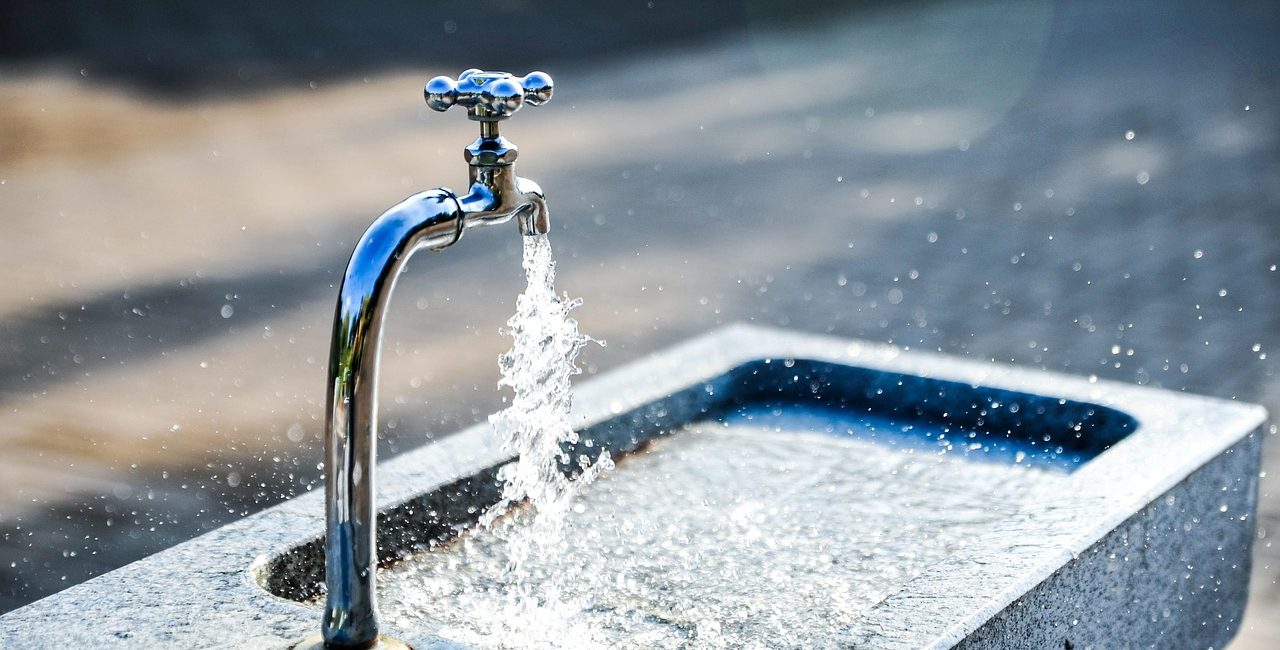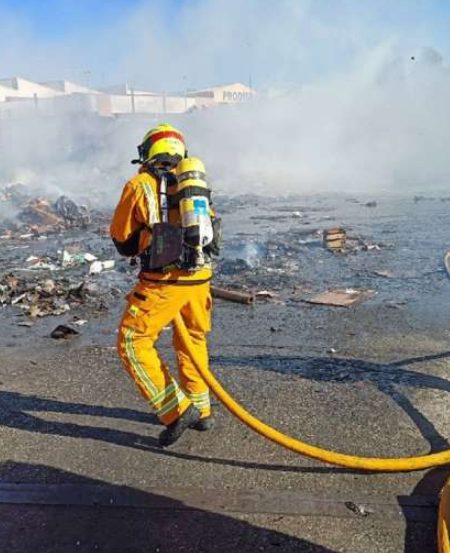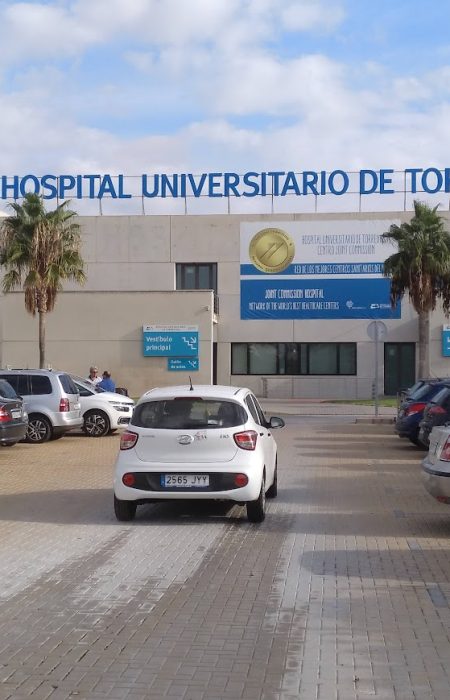According to the Ministry of Health, a 53-year-old woman died from a heat stroke in the province of Alicante, as did a 52-year-old male in Castellón, indicating that the WHO’s criteria for high temperatures as the cause of death were met in both cases.
The woman was participating in an outdoor recreational activity when she was treated by a SAMU medical team and transported to a hospital where she died. In its statement, the Ministry of Health did not indicate which municipality in the province the victim was discovered in. The individual had underlying illnesses; he was treated at home by a SAMU medical team before being sent to the hospital, where he died.
Recommendations
The Generalitat (Catalan Government) emphasises the necessity of following a set of guidelines to preserve your health during heat waves. Some tips include exercising during the coolest hours, avoiding direct sun exposure between 12 and 5 p.m., drinking lots of water, avoiding alcohol and caffeine, and eating plenty of salads, fruits, and vegetables.
It is also recommended that you keep your home cool and ventilated, stay in cool, shady areas, wear sunscreen, protect the elderly, minors, and vulnerable individuals, and never leave anyone in your automobile. All of this information is available on the Ministry of Health website (https://www.san.gva.es/es/web/sanidad).
Learn about the risk level
Similarly, the Ministry of Health advises citizens to stay informed about the level of health risk each day during the summer months and to heed the warnings issued by the programme’s early warning system for the prevention and treatment of heat-related health problems. These warnings are broadcast via official means such as social media and the Department of Health’s website.
Anyone can consult an interactive map that shows the risk level for each municipality that day, as well as the forecast for the next day, allowing them to take proper precautions.
Is Europe ready for devastating heat waves? Here’s how France, Italy, Germany, Belgium, and the UK are dealing with the heatwaves.
Call 112
However, if someone is suffering from heat stroke, call 112 and follow these instructions until emergency medical personnel arrive. Move the affected person away from the heat source, if possible.
Lower the room temperature by opening windows or using a fan or other cooling equipment; soak the individual and remove their clothing; if the person loses consciousness, lay them in the lateral recovery position; and if they cease breathing, perform basic CPR.
Heat stroke can pose major risks to a person if not treated swiftly, as it did with these two people in recent hours, and it requires immediate medical care.
According to Juan Beltrán, Director General of Public Health, prevention is the most efficient way to avoid not just heat exhaustion or dehydration but also the exacerbation of other chronic conditions such as dermatological disorders. Indeed, taking proper precautions can prevent the negative health consequences of excessive heat.
To promote a broader distribution, public health collaborates with numerous organisations and institutions involved in healthcare, social care, education, sports, crises, and other disciplines. A risk warning is communicated to the appropriate institutions for further dissemination.
Health Risk Level
The levels are coloured as follows: level 0 (no risk), level 1 (low risk), level 2 (medium risk), and level 3 (high danger). As a result, if the risk level is orange or red, a warning is sent, indicating that persons over 65, those with medical concerns, and vulnerable groups require special attention.








No Comment! Be the first one.